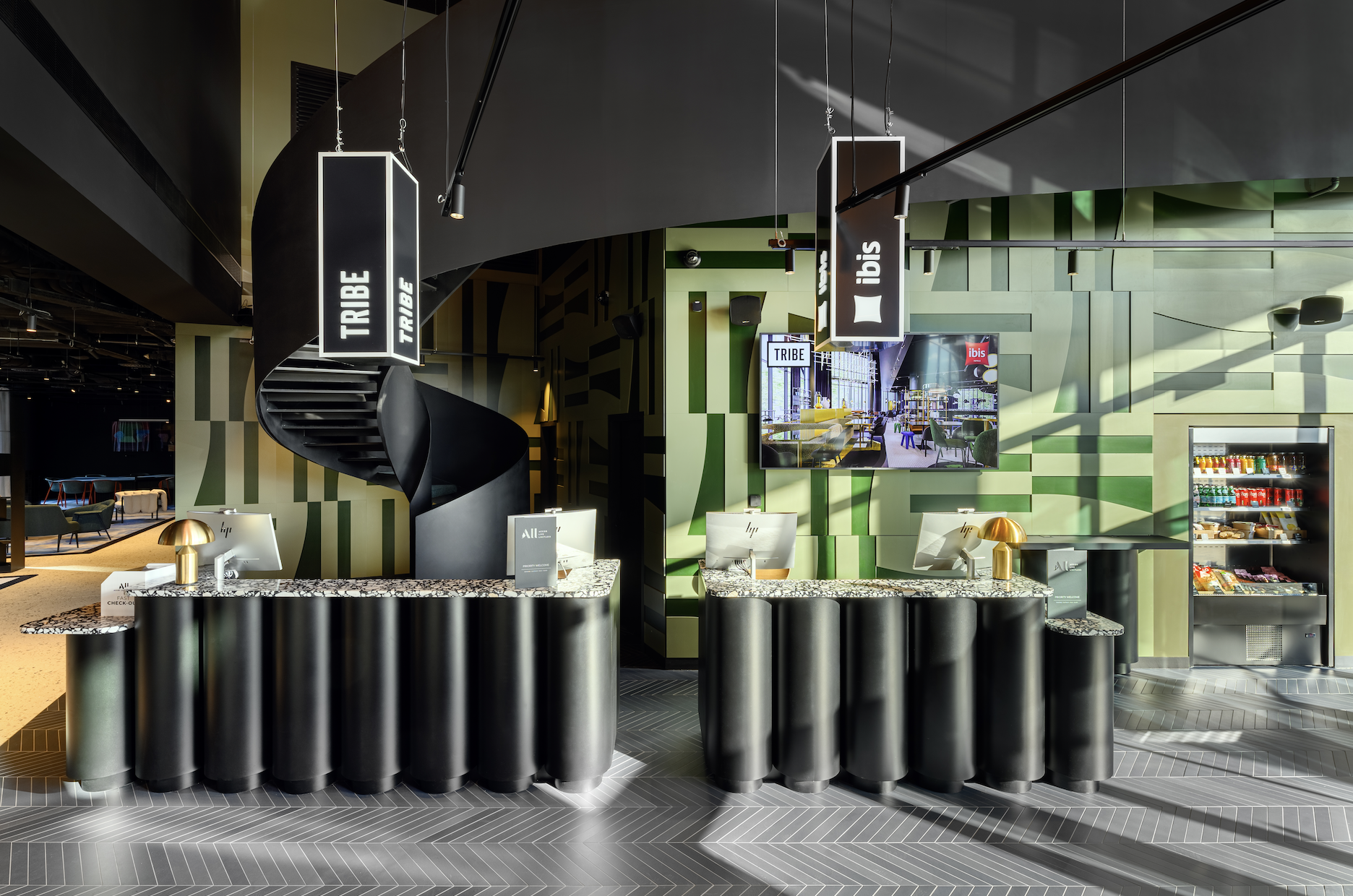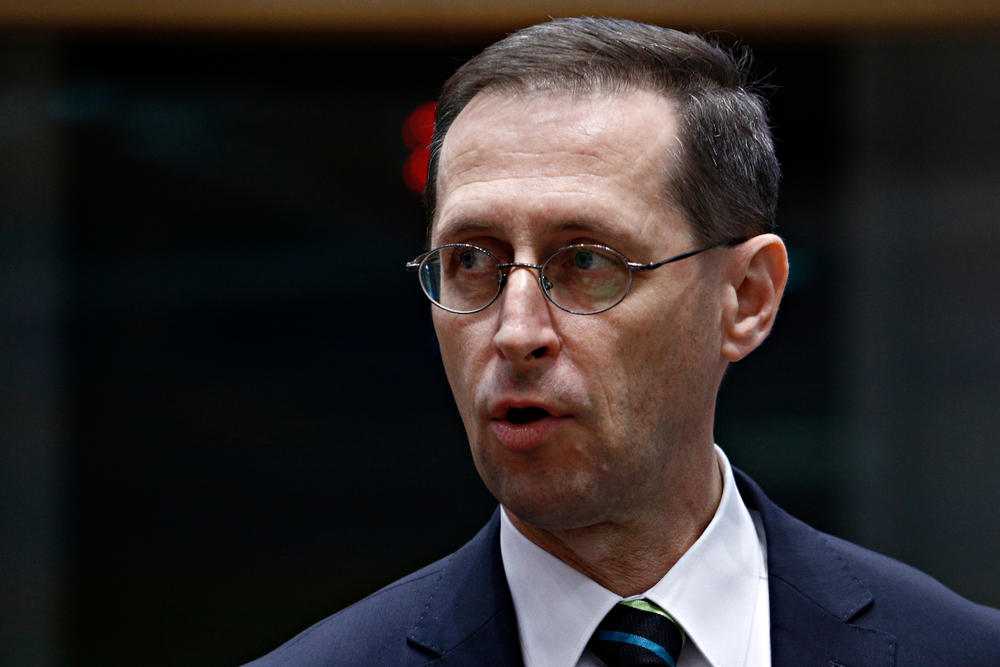Looking to Build Cooperation in the Customers’ Best Interests

Csaba Rigó
In many respects, 2020 was a turning point in the history of the Hungarian Competition Authority (GVH). The organization now places more emphasis on cooperation and allowing companies to “make it up” to consumers, so much so that they may even be excused from paying a fine, Csaba Rigó, the newly appointed head, tells the Budapest Business Journal.
BBJ: How has the coronavirus affected the work of the Hungarian Competition Authority?
Csaba Rigó: Regardless of the pandemic, the organization reached a turning point last year. GVH, which celebrated its 30th anniversary, has adjusted its approach to infringements and unfair practices. We give companies the opportunity to cooperate and thus reduce the consequences of the violation. The firms subject to proceedings have the chance to compensate consumers and commit themselves to fair competition. In this way, they may even be exempted from paying a fine.
BBJ: In what ways can companies cooperate?
CsR: There are two stages in competition authority cases: the investigation (detection, evidence gathering) and the competition council procedure. The latter involves a review of the evidence by GVH and the company’s arguments and concludes with the decision of the Competition Council. Before that, GVH confronts the parties with its stance. This is the last stage where companies can decide whether they want to cooperate or go to court after the decision has been made. One way of cooperating is through active redress: in this case, the company must make commitments to compensate for the competition problem, which is strictly controlled by the authority. Last year, we had several significant instances in which where businesses chose this path, including Tesco and Spar. The competition authority investigated Tesco-Global Áruházak Zrt. because it failed to make it clear that its website operated as an online shopping service and not as a web store. There is a significant difference between the two, as the chain store could not guarantee the delivery of the products it offered. Tesco failed to draw customers’ attention to this fact, and a large number of customers received, without prior warning, orders that had at least one replaced or missing product. During the proceedings, GVH accepted the voluntary commitment offered by Tesco of HUF 407 million to remedy the identified competition problem.
The other major case concerned Spar. The company, which has significant market power, imposed unilateral conditions and charges on its suppliers. GVH set a fine of HUF 1.5 billion, but the chain made commitments in excess of that and will begin developing a new regional supplier system. An investment worth HUF 1.7 bln will improve the sales opportunities of small Hungarian producer-suppliers and create new jobs.
BBJ: How much did GVH impose in fines last year?
CsR: The competition authority completed 106 competition supervision procedures last year (up from 97 in 2019); we also performed 69 merger controls and dealt with 29 cases of unfair commercial practice. We concluded four cases of anti-competitive/restrictive agreements and four cases of dominance. As a result of the proceedings, in 2020, we imposed fines totaling nearly HUF 8.5 bln, the highest since 2013. In addition to the record amount of fines, the total compensation received by the authority exceeded HUF 2.1 bln. By comparison, its maximum value has been HUF 400 mln so far and, to get here, we had to modify our strategy considerably.
In terms of fines, the HUF 2.5 bln imposed on Booking.com, the operator of the online booking portal, stands out. Regarding cartel cases, I would highlight how members of the Hungarian Association of Personnel Consultants dealing with temporary employment fixed their prices. They also made infringing clauses, which were also detrimental to the manpower supplied as they prevented them from getting better job opportunities and higher pay. The case involved 23 Hungarian and foreign companies. The authority did not only fine Hungarian companies but also foreign ones; one example was Alza, an online webshop, on which GVH imposed a fine of nearly HUF 900 mln.
BBJ: To what extent does imposing fines deter companies from further offenses?
CsR: A fine has a serious deterrent effect. At the same time, GVH is open to evaluating it within the legal framework if the infringement has already taken place and the company concerned is cooperating. For example, in a cartel case, the party that first presents substantive, decisive evidence and information and admits collusion may be exempted from the fine; in the case of the second party, the potential fine may be halved. We are trying to make companies interested in revealing secret or hidden restrictions on competition, as there is a much stronger public interest in doing so than in imposing high fines. The extension of this approach has been going on for years, not only here but also in the European Union. For example, the European Commission often prohibits parties from further infringements but does not impose fines. What may be “office-specific” is the extent to which GVH allows for cooperation. Openness to collaboration on the part of the organization has existed previously, but not to such an extent.
A Wide Framework of Interest
GVH does not only deal with consumer protection cases; investigating cartels, dominant positions, and merger opportunities also falls within its scope. Among consumer protection cases, the organization follows large-scale matters affecting the market at a national level, while minor market-importance issues are dealt with by government offices. Still, the protection of vulnerable consumer groups (children, the elderly, the sick) has always been a priority, GVH says.
This article was first published in the Budapest Business Journal print issue of June 4, 2021.
SUPPORT THE BUDAPEST BUSINESS JOURNAL
Producing journalism that is worthy of the name is a costly business. For 27 years, the publishers, editors and reporters of the Budapest Business Journal have striven to bring you business news that works, information that you can trust, that is factual, accurate and presented without fear or favor.
Newspaper organizations across the globe have struggled to find a business model that allows them to continue to excel, without compromising their ability to perform. Most recently, some have experimented with the idea of involving their most important stakeholders, their readers.
We would like to offer that same opportunity to our readers. We would like to invite you to help us deliver the quality business journalism you require. Hit our Support the BBJ button and you can choose the how much and how often you send us your contributions.









